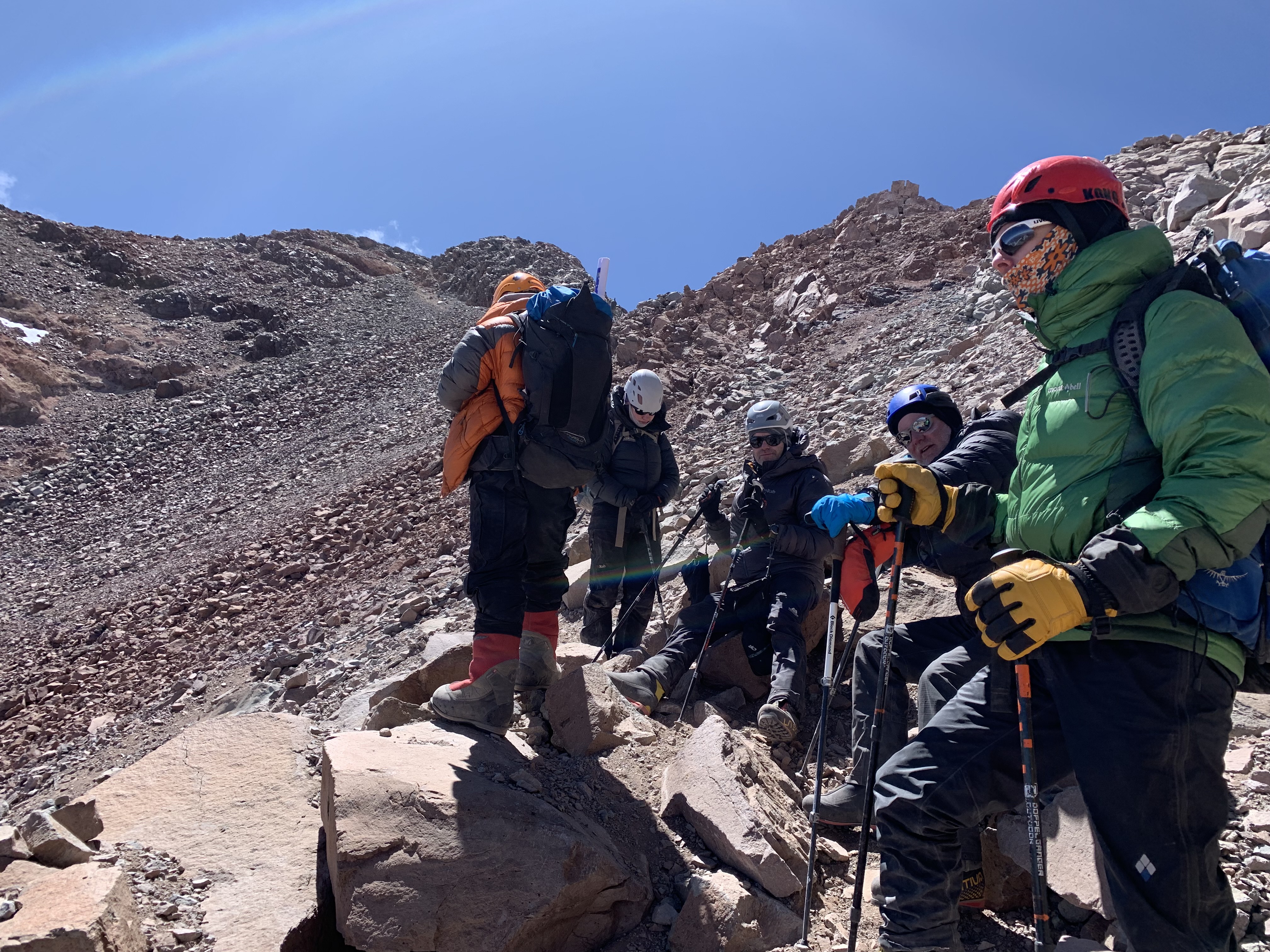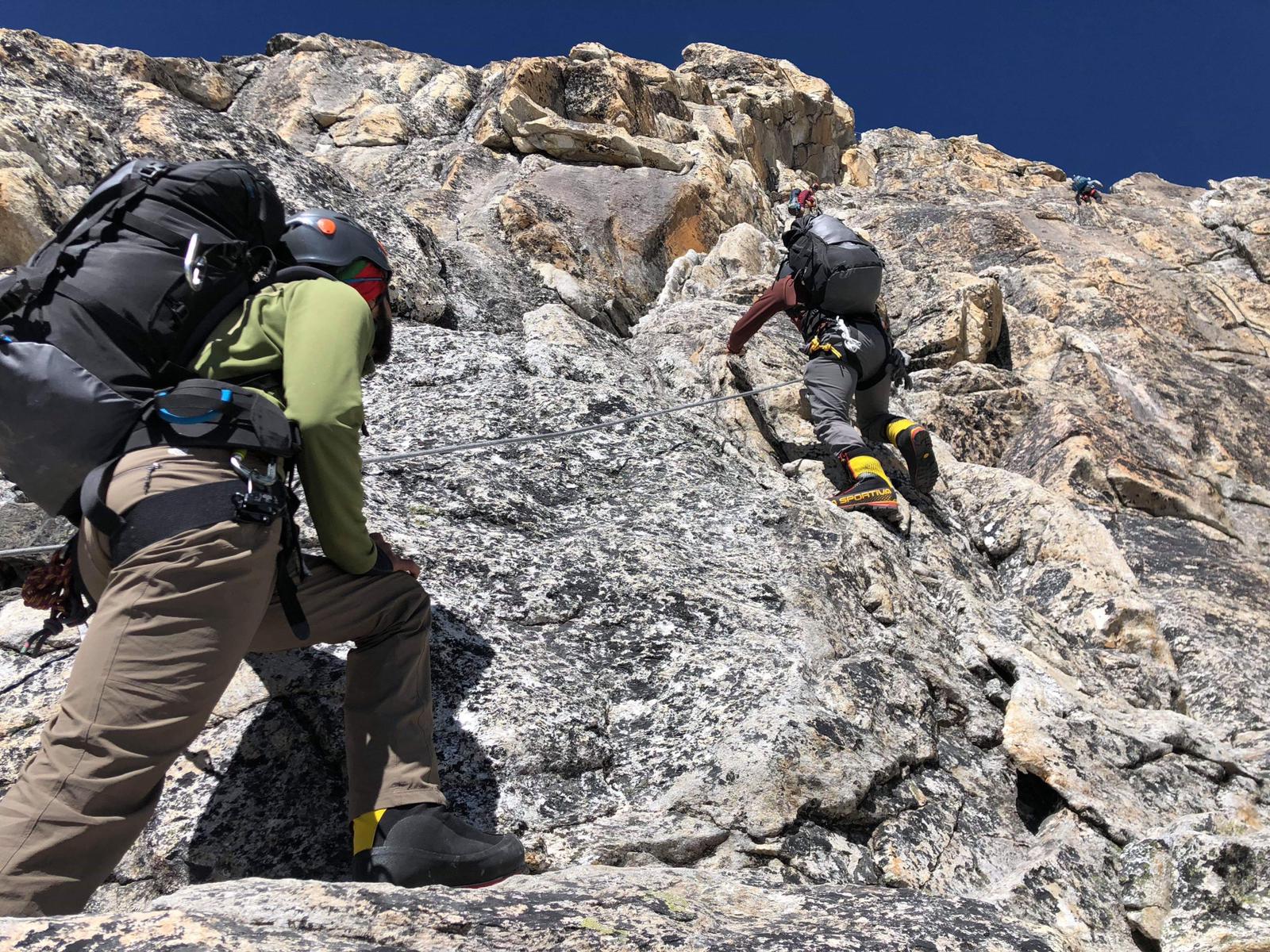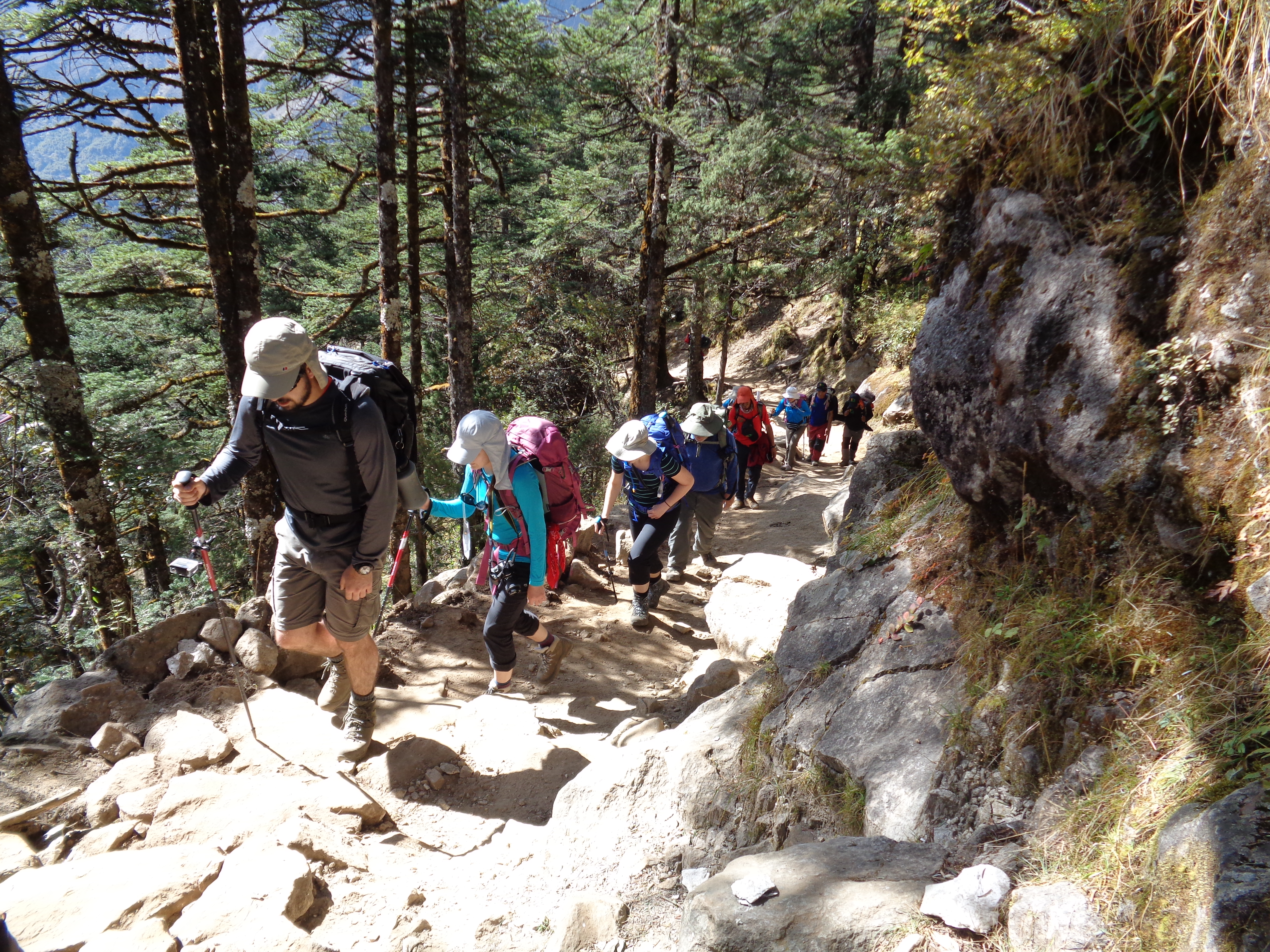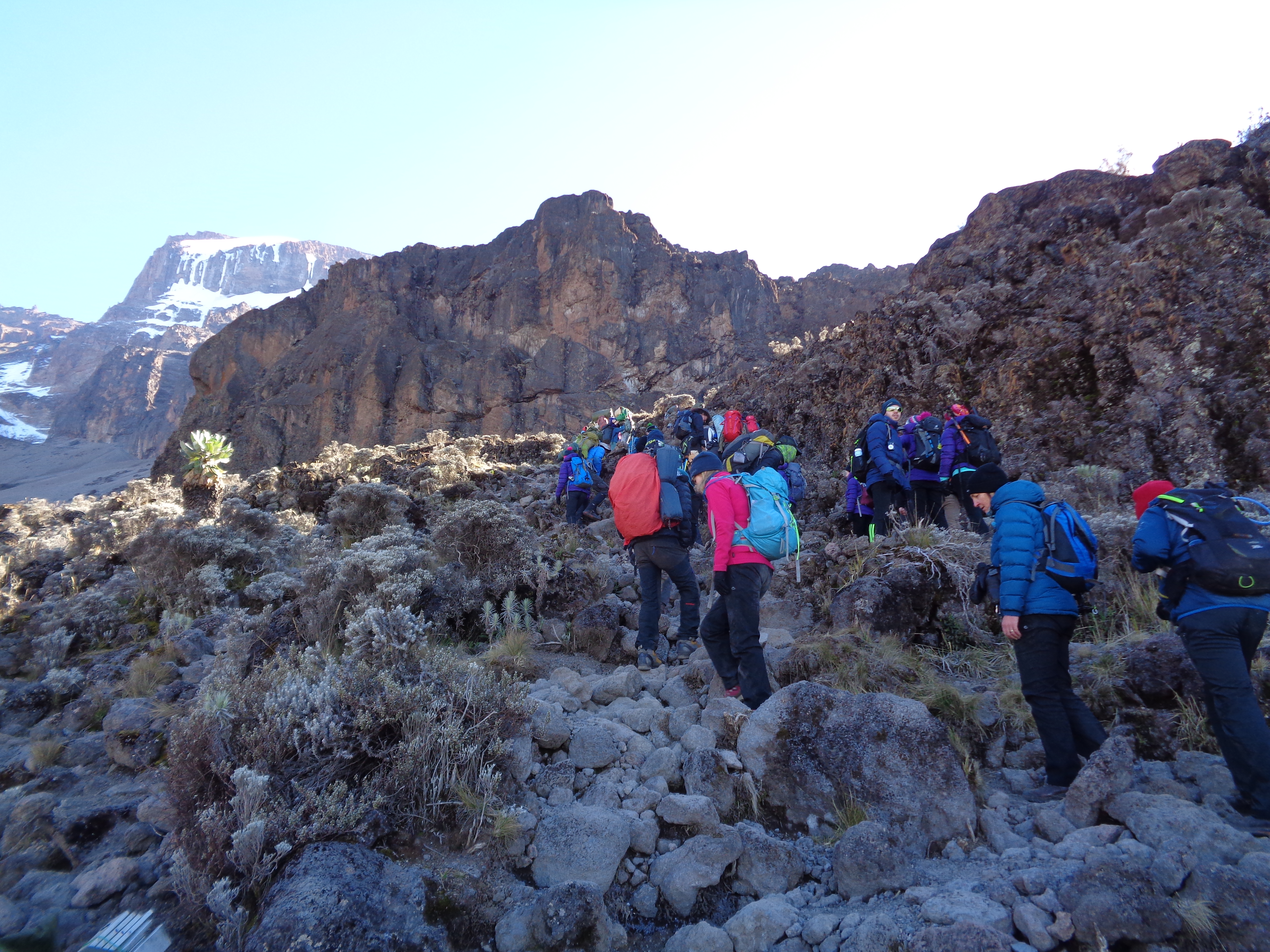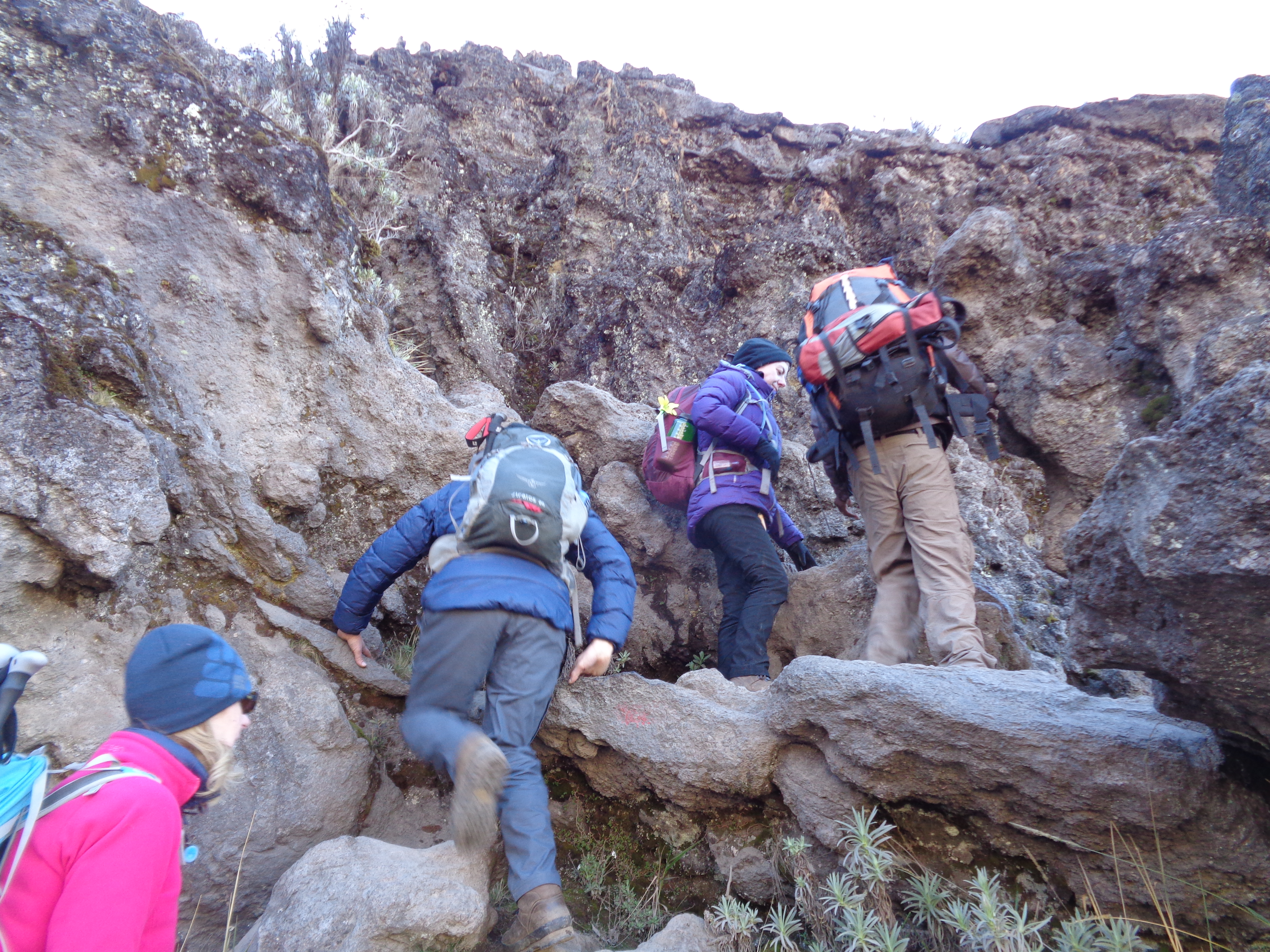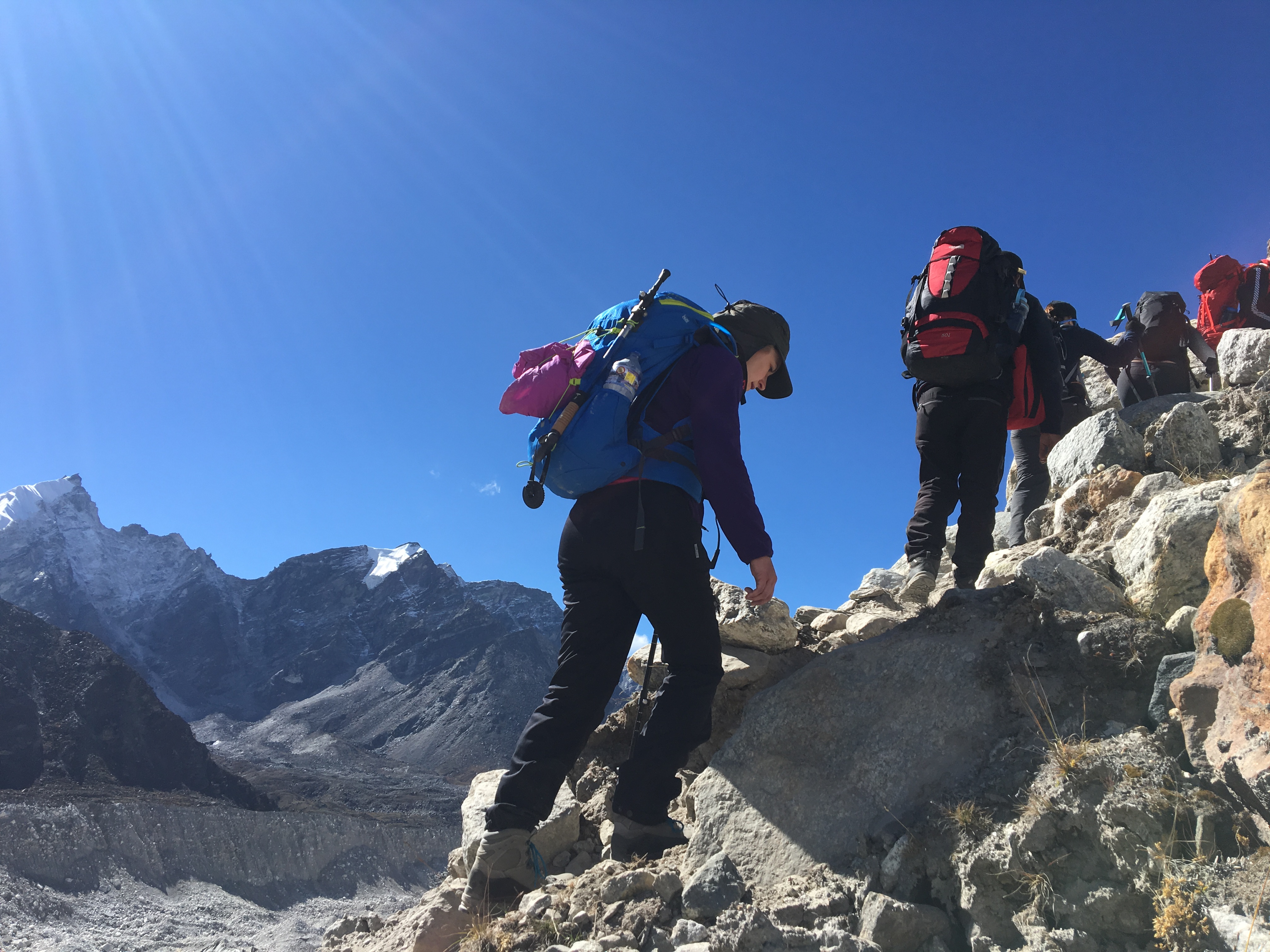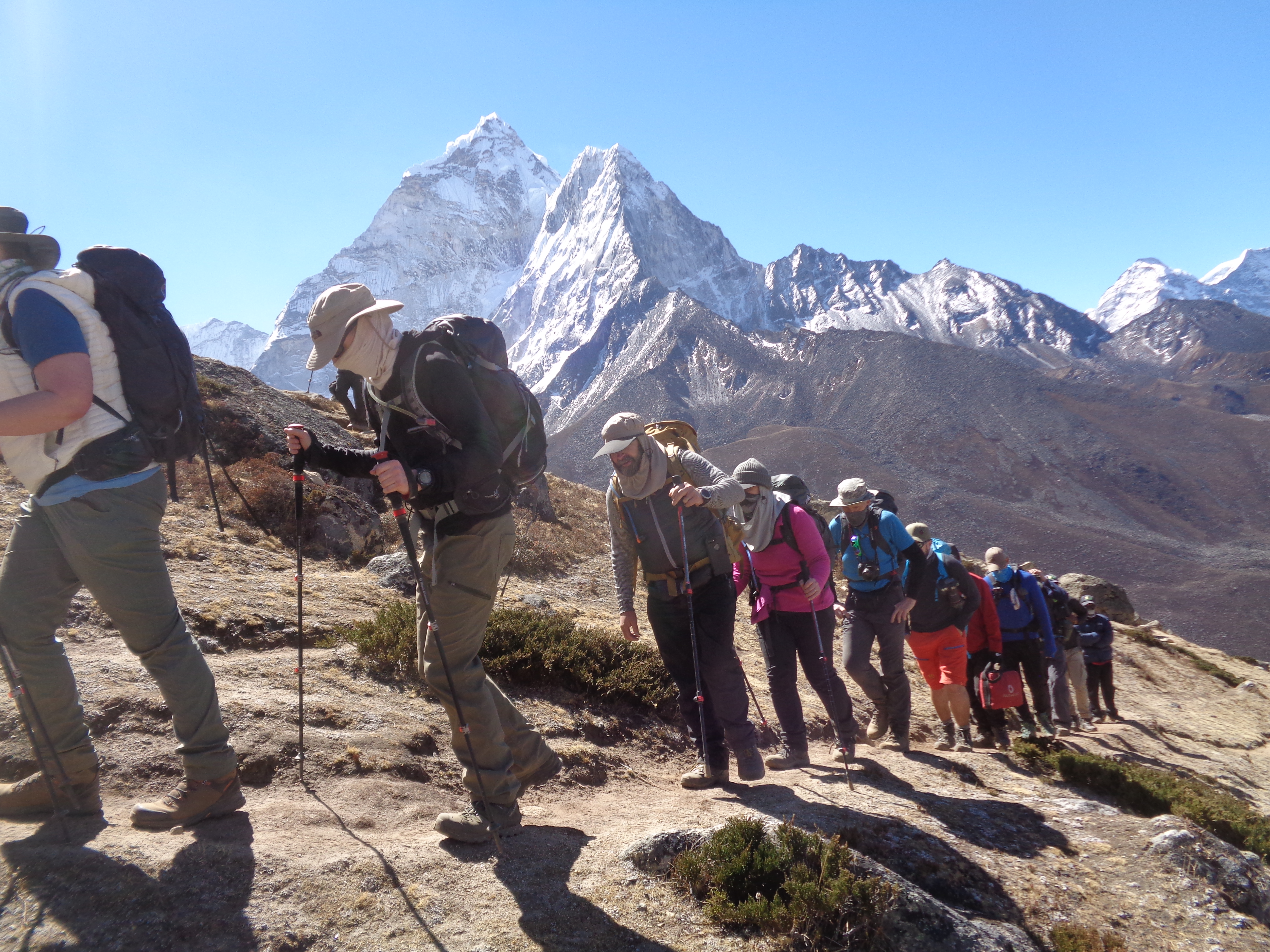If you are considering joining a long distance trek or mountaineering climb, then one of the most important factors to start planning for is your training. Excellent physical conditioning is required for multi-day trekking and mountaineering. There is a range of different training you need to consider.
What Does This Mean for Your Training?
First of all, you need to be building up your strength for the specific activity you will be doing. If your goal is to run a marathon then you would base your training on running. Likewise, if your goal is to do a multi-day trekking trip, then you need to do multi-day training, all of which includes hill work, with a weighted backpack. Core stability and flexibility, along with strength and endurance training, all need to be a major factor in your training plan.
Your body and muscles will build up a ‘muscle memory’ over time, and you must maintain your muscle strength in order to have the ability to put the amount of stress on your body as a trip like these will do. This is critical for trekking, climbing, mountaineering and multi-day adventures.
Asking the Right Questions
You need to evaluate the specific trip you are joining. Is the terrain steep? Are there a lot of stairs? What sort of distances will you be trekking? What daily elevation gains will you be doing? Will you be carrying much weight? How many days will is the trip? How muchtime will I spend above 4,500m/ 14,763 feet? Understanding the different aspects of the trip help you develop the training and muscle memory needed to be safe and successful.
The Theory of Ten Thousand Hours
We are not saying you need ten thousand hours of hiking and training before you step foot on a mountain. One theory that we agree with is that ten thousand hours is needed doing any given activity, in order to be considered an expert. What you need to get your body used to carrying a back pack, walking, exercising, and hiking up and down hills, stairs and steps on a multi-day basis. Build up the hours you are doing these activities, gradually increasing the intensity so you can stress test your body.
This same theory should be applied to mountaineering, high altitude climbs or any endurance level activity. Keep building the amount of hours of specific training for your chosen activity. This is key to building muscle memory.
What is Muscle Memory
Muscle memory is a form of procedural memory that involves consolidating a specific motor task into memory through repetition. When a movement is repeated over time, a long-term muscle memory is created for that task, eventually allowing it to be performed with little to no conscious effort.
Therefore, if your body is used to doing a specific movement, like hiking up and down hills on a multi-day basis, then it will become a less grueling activity for you to complete!
Maintain Consistent Weekly Training
The key to maintain muscle memory, strength and ability to perform consistently is building your daily training. Going out hiking for 8 hours once a week is not enough. The key to developing muscle memory is in the daily training sessions. Look at how people train for a marathon. One day is dedicated to a longer run followed by a mix of other training, mostly revolved around running 5 days a week.
If you are thinking of trekking you would be doing one longer hike or training session followed by 5 days a week of training in the gym. Carrying your backpack on the stair master. Working on overall body strength and flexibility. Core stability training should be also a factor. Also think about cross training your body. The important thing to remember is you should be training 5 days a week in preparation for chosen adventure. Contact us for more specific information.
Train for a Lifetime of Strength
If you on this page you are probably trying to understand more about the training you need for hiking, trekking and mountaineering. If you are signed up to one of our trips we can help you develop a training plan. Always remember you are investing in your overall health and strength for years to come. Developing balanced training is important. You should enjoy your time training so mix it up to keep you motivated.
Muscle Memory and Mountaineering
Muscle memory and mountaineering is important to consider when you start thinking about big mountain climbing. Years of specific conditioning should be a major part of your plan. In other words, building up to climbing bigger mountains over time. Your muscles can adjust to stress from lack of oxygen. trekking and mapping our your path to your dream mountaineering experience. You also need to consider the trip, daily elevation gains, distances, level of oxygen and putting together a plan that helps you come prepared. We can help to piece together a plan that will work for you.
Join Professionals
When going to a low oxygen environment on a mountaineering adventure, your body will be forced to use muscle for fuel. You will want to have the years of muscle memory behind you to sustain the process. We are happy to get on a call or to email with you directly to further discuss training with you. Contact us for further information.
Remember, specific training leads to a more enjoyable trekking adventure. READ SOME REVIEWS from our trips.


